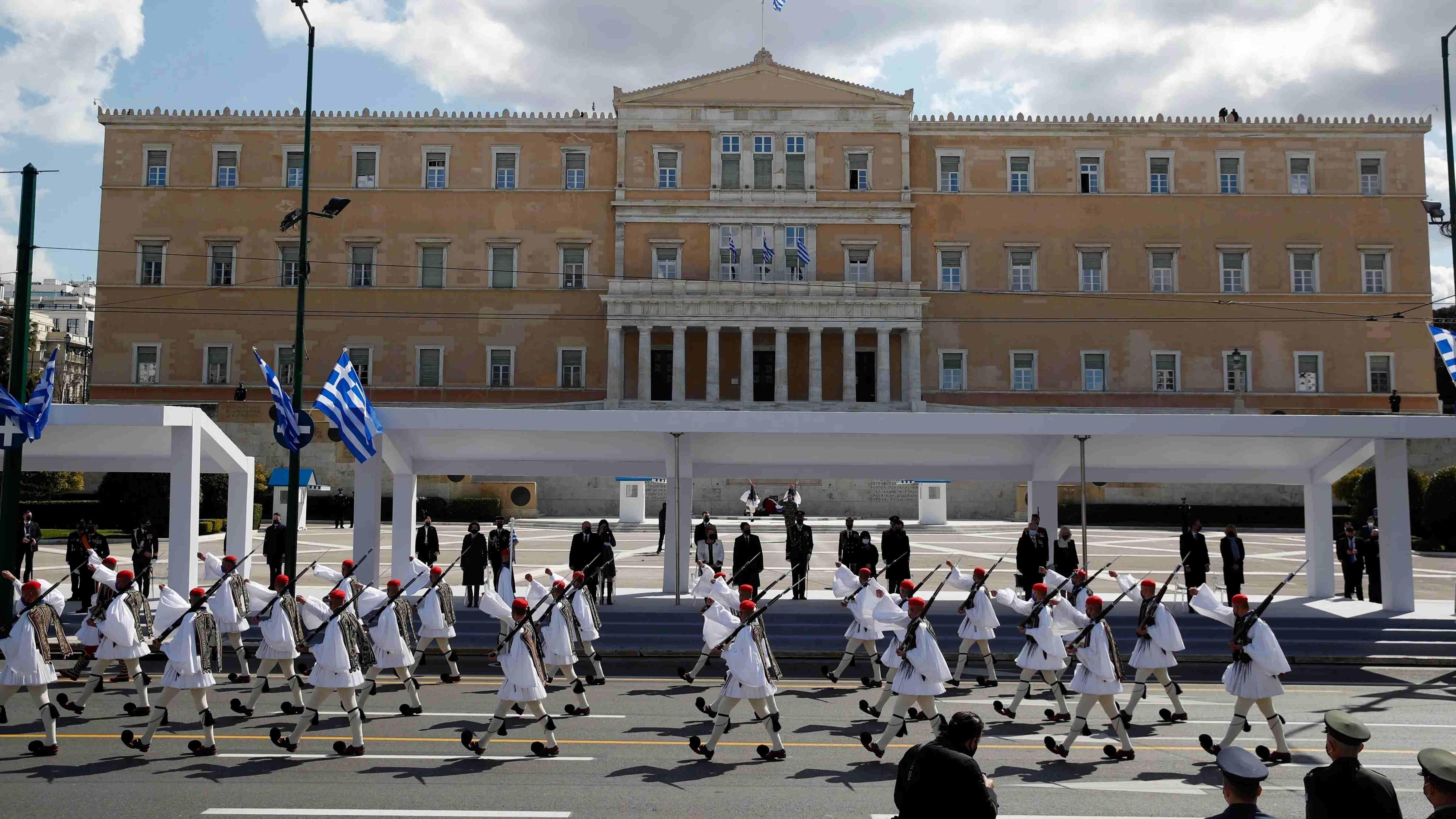The fight over history
Recent discussions over Mustafa Kemal Atatürk, the War of Independence and the early days of the republic do not open new horizons, nor reveal new knowledge and perspectives. On the contrary, these distorted - sometimes fabricated - rumors are produced to provide ammunition to the current political and ideological fight. Like the made- up piece of paper about the rule of the “Thessaloniki Court of First Instance” about Atatürk’s mother, Zübeyde Hanım. At that time it was not this court that was in charge of family and ancestral affairs, but religious courts. This paper which is called a document is absolutely false.
In almost all countries, there is an “official history” argument. This is sharper in countries like France and Turkey, which have both undergone revolutions. The reason is that history is a field needed not only to research the truth, but also needed for “education.”
The history written in Europe in the 19th century explained colonialism as the “duty of civilization;” its content is different than today’s explanation of history including colonialism’s disasters.
In our country also it is one thing to write history with the aim of “educating” masses to embrace the republic by telling them the evils of the Ottomans; it is another thing to research the incidents, dynamics, issues, institutions, successes and failures of the Ottoman times. The French experienced the same problem.
However, in our country, the “popular history” discourse on the conservative wing is not based on documents. A propaganda discourse loaded with intense ideology and politics is being marketed as “history.”
This is not “history;” it is “the other official history.”
In the official history of the republic, the Ottoman ages were dark; we were enlightened by the republic; but were the generations and institutions that founded the republic brought from the moon?
In the other official history, the Ottoman centuries are explained with admiration and nostalgia, while the republic era is explained with gallows; but were there no “political murders” in the Ottoman era?
Moreover, didn’t the Ottoman Empire collapse because it was not able to solve its own problems and because it missed the industrial revolution? Who could have undertaken the leadership in the War of Independence? Atatürk did not have a rival in the War of Independence; nobody can suggest that there was an alternative.
But unfortunately, it is preferable to generate material for the “ideology” instead of searching the truth. This is infecting history with populism.
But fortunately, our academic historiography is developing with an applaudable success. The Ottoman history’s romanticism of the new ottomans as well as the Ottoman animosity toward republic historians had been overcome.
While the history of the republic is being written, nobody now calls Kazım Karabekir’s opposition party a “traitor;” it is explained that it is a natural opposition; the “maintenance of order” era is no longer applauded; the problems it has caused is looked into.
At the same time, the fact that the republic is a substantial modernization move is being highlighted.
Our historical awareness will advance by research, by viewing from different perspectives and by understanding.
It is an invalidity of the mind to distort history for politics and ideology; it will be cured as academic historiography develops.











